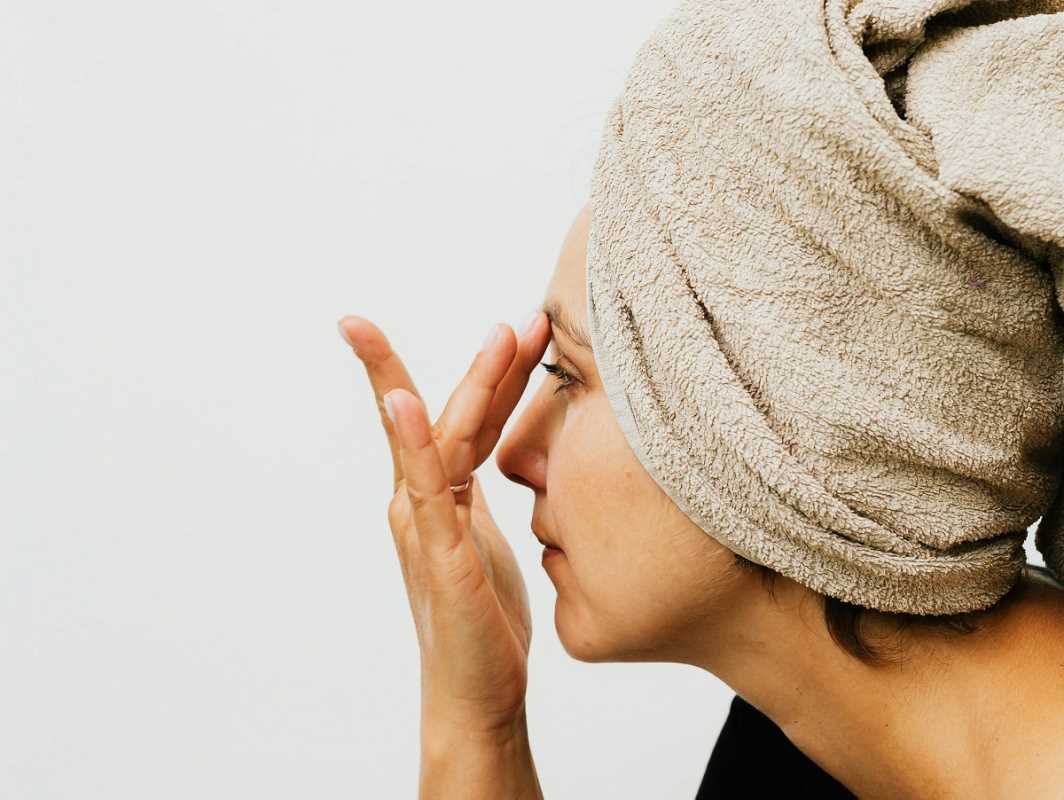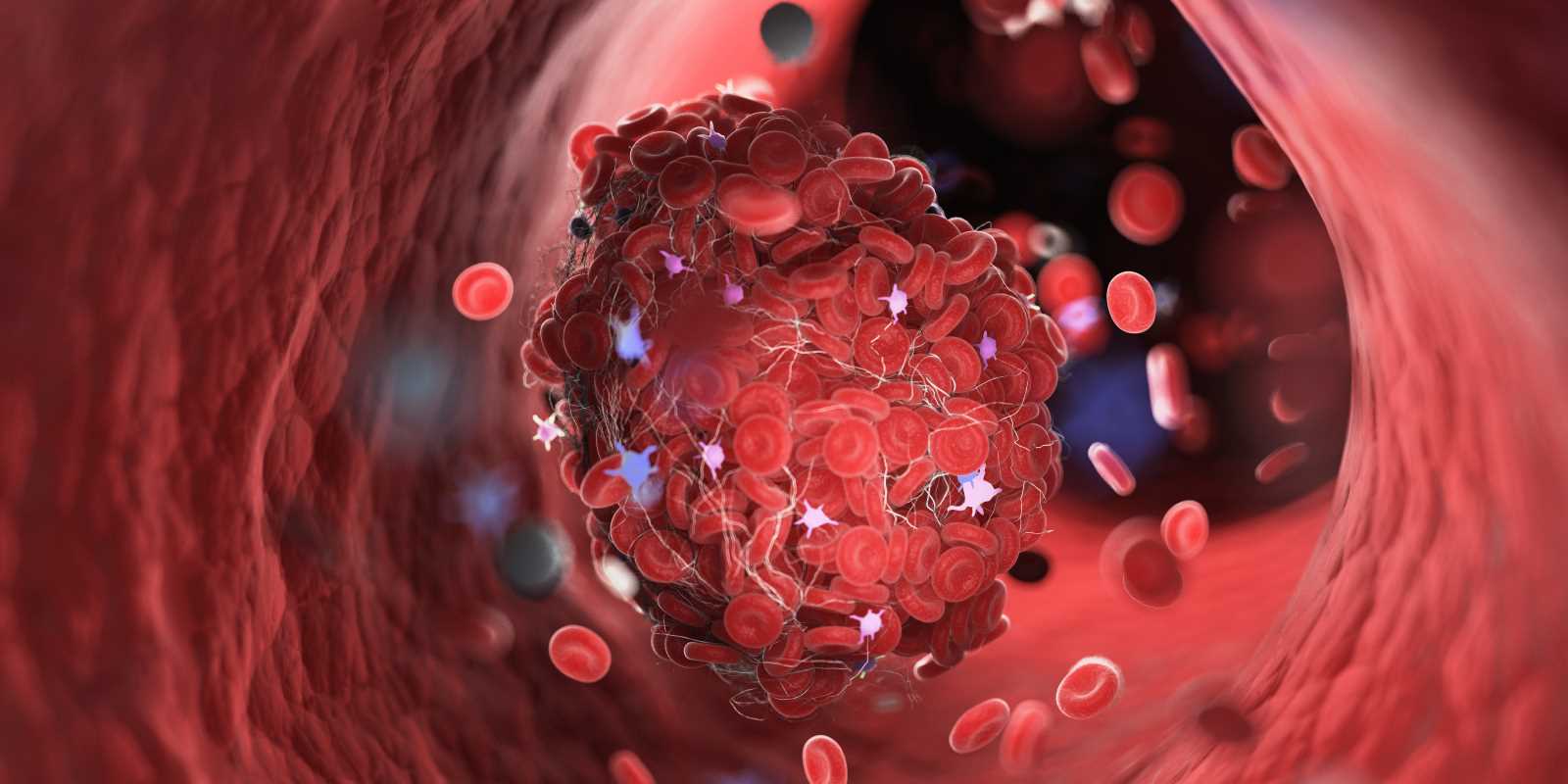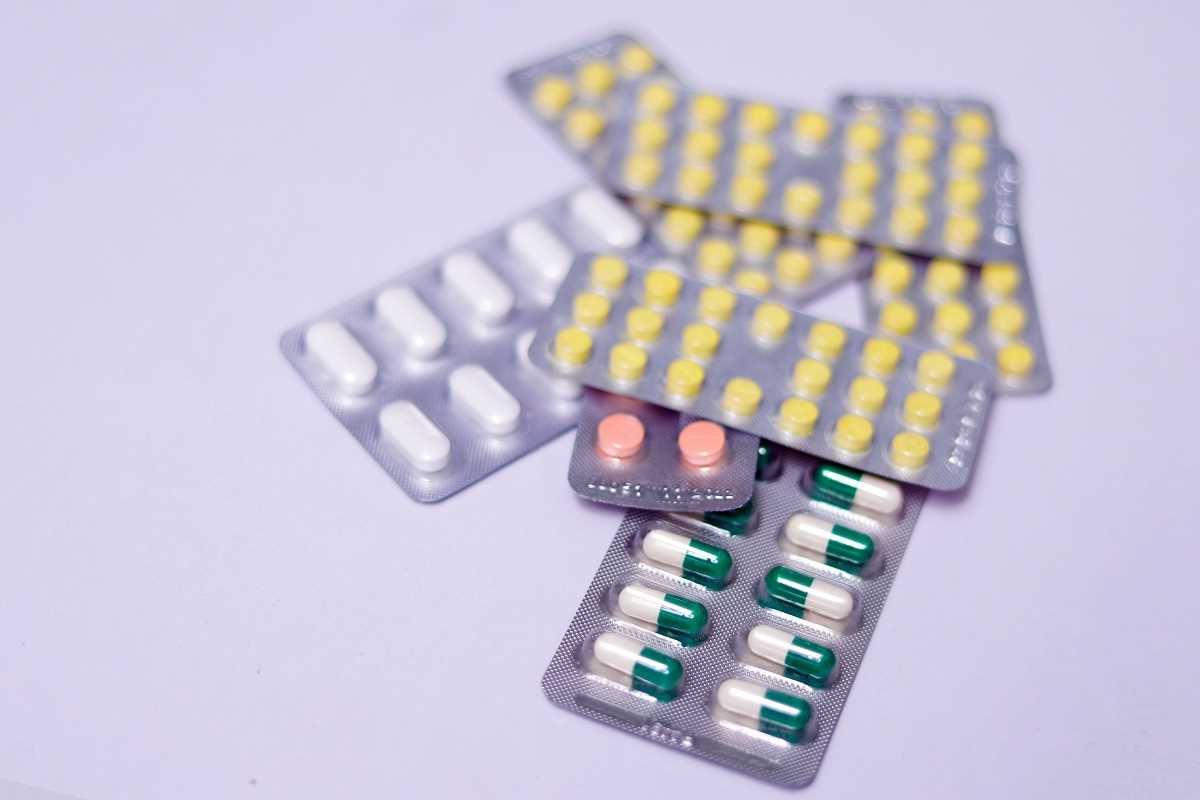Going through menopause brings many changes, and unfortunately, clearer skin isn't always one of them. If you've noticed new breakouts appearing just when you thought your acne days were behind you, you're definitely not alone! Many women experience what's called menopausal acne, and while it can be frustrating, there are effective treatments that can help you achieve the healthy, radiant skin you deserve.
Let's explore why this happens and discover the medications and strategies that can transform your complexion during this important life transition.
Why Menopause Triggers Acne Breakouts
Understanding what's happening in your body helps make sense of these unwelcome skin changes. During menopause, your hormone levels go through dramatic shifts that directly impact your skin's behavior.
The Hormone Roller Coaster
As you transition through menopause, your estrogen levels drop significantly while your androgen (male hormone) levels may remain relatively stable or even increase proportionally. This creates an imbalance that your skin definitely notices!
Estrogen has been your skin's friend for decades, helping maintain:
- Skin thickness and elasticity
- Natural oil production balance
- Collagen formation
- Overall skin hydration
When estrogen decreases, your skin becomes more sensitive to androgens like testosterone. These hormones stimulate your sebaceous glands to produce more oil, which can clog pores and create the perfect environment for acne-causing bacteria to thrive.
Additional Skin Changes
Beyond hormonal shifts, menopause brings other changes that contribute to skin issues:
- Slower cell turnover, leading to more clogged pores
- Decreased collagen production, making skin thinner and more reactive
- Reduced skin barrier function, increasing sensitivity
- Changes in skin pH that can disrupt the natural protective balance
Effective Prescription Medications for Menopausal Acne
The good news is that dermatologists have several powerful tools to help manage menopausal acne. These prescription options target different aspects of acne formation and can provide significant improvement.
Topical Retinoids: The Gold Standard
Retinoids are considered the most effective topical treatment for acne at any age, and they're particularly valuable during menopause. These vitamin A derivatives work by:
- Speeding up cell turnover to prevent clogged pores
- Reducing inflammation
- Helping other acne medications penetrate better
- Providing anti-aging benefits as a bonus
Tretinoin is the most studied and effective retinoid. Your dermatologist might start you on a lower concentration to minimize irritation, then gradually increase strength as your skin adjusts.
Adapalene is another excellent option that's often better tolerated, especially if you have sensitive skin. It's available over-the-counter in lower strengths, but prescription versions offer more potent results.
Pro tip: Start retinoids slowly, using them every other night initially, and always apply sunscreen during the day as they can increase sun sensitivity.
Hormonal Therapies: Addressing the Root Cause
Since hormonal imbalances drive menopausal acne, medications that address these imbalances can be incredibly effective.
Spironolactone is a game-changer for many women dealing with hormonal acne. Originally developed as a blood pressure medication, spironolactone blocks androgen receptors in your skin, reducing oil production and preventing new breakouts.
Benefits of spironolactone include:
- Significant reduction in deep, cystic acne
- Decreased overall oil production
- Improvement in jawline and chin breakouts
- Potential reduction in unwanted facial hair
Your doctor will typically start with a low dose and monitor your potassium levels and blood pressure, as this medication can affect both.
Hormone Replacement Therapy (HRT) might also help improve acne while addressing other menopausal symptoms. However, this requires careful consideration with your healthcare provider to weigh benefits and risks based on your individual health profile.
Antibiotics for Inflammatory Acne
When acne includes significant inflammation and infection, antibiotics can provide relief:
Doxycycline is commonly prescribed for its anti-inflammatory properties beyond its antibacterial effects. It's particularly effective for reducing the redness and swelling associated with inflammatory acne.
Minocycline is another tetracycline antibiotic that can be helpful, especially for persistent cases.
These medications are typically used for 3-6 months to avoid antibiotic resistance, often combined with topical treatments for best results.
Over-the-Counter Options That Actually Work
While prescription treatments are often more effective for moderate to severe acne, several over-the-counter options can provide meaningful improvement, especially for milder cases or as part of a comprehensive treatment plan.
Salicylic Acid: The Gentle Exfoliator
Salicylic acid is a beta-hydroxy acid that works by:
- Dissolving the bonds between dead skin cells
- Penetrating into pores to clear blockages
- Providing mild anti-inflammatory effects
Look for products with 0.5-2% salicylic acid in cleansers, toners, or spot treatments. This ingredient is particularly good for blackheads and whiteheads.
Benzoyl Peroxide: The Bacteria Fighter
Benzoyl peroxide kills acne-causing bacteria and helps prevent new breakouts. It's available in concentrations from 2.5% to 10%, though starting with lower concentrations reduces the risk of irritation.
Important note: Benzoyl peroxide can bleach fabrics, so be careful with towels and pillowcases!
Niacinamide: The Multi-Tasker
Niacinamide (vitamin B3) offers multiple benefits for menopausal skin:
- Reduces oil production
- Minimizes pore appearance
- Provides anti-inflammatory effects
- Helps with post-acne marks and overall skin tone
Look for serums or moisturizers with 5-10% niacinamide for optimal results.
The Importance of Professional Guidance
While it's tempting to try managing menopausal acne on your own, consulting a dermatologist offers significant advantages:
Personalized Treatment Plans
Dermatologists can assess your specific skin type, acne severity, and other health factors to create a customized treatment approach. What works for your friend might not be ideal for your skin!
Monitoring and Adjustments
Professional oversight ensures treatments are working effectively and helps identify any adverse reactions early. Your dermatologist can adjust medications or suggest alternative approaches if needed.
Advanced Treatment Options
Dermatologists have access to additional treatments that might be beneficial:
- Chemical peels designed for mature skin
- Light-based therapies
- Injectable treatments for persistent cystic acne
- Combination therapies that maximize effectiveness
Practical Skincare Tips for Menopausal Acne
Medications are just part of the equation. Your daily skincare routine plays a crucial role in managing menopausal acne successfully.
Gentle Cleansing Strategy
Morning routine: Use a gentle, non-comedogenic cleanser that removes overnight oil buildup without over-drying your skin. Look for ingredients like ceramides or hyaluronic acid that help maintain your skin barrier.
Evening routine: Consider double cleansing if you wear makeup or sunscreen. Start with an oil-based cleanser to dissolve makeup, followed by a water-based cleanser to remove any remaining impurities.
Moisturizing Matters More Than Ever
Menopausal skin needs more hydration than younger skin, even when dealing with acne. Skipping moisturizer can actually worsen breakouts by triggering increased oil production.
Choose lightweight, non-comedogenic moisturizers with ingredients like:
- Hyaluronic acid for hydration
- Ceramides for barrier repair
- Niacinamide for oil control
Sun Protection
Many acne medications increase sun sensitivity, and mature skin is more prone to sun damage. Use a broad-spectrum SPF 30 or higher daily, even when staying indoors near windows.
Look for mineral sunscreens with zinc oxide or titanium dioxide if chemical sunscreens irritate your skin.
Lifestyle Factors That Make a Difference
Diet considerations: While diet doesn't cause acne, some foods might trigger breakouts in sensitive individuals. Common culprits include dairy products and high-glycemic foods. Keep a food diary if you suspect dietary triggers.
Stress management: Chronic stress can worsen acne by increasing cortisol levels. Incorporate stress-reduction techniques like meditation, yoga, or regular exercise into your routine.
Sleep quality: Poor sleep affects hormone regulation and skin repair. Aim for 7-9 hours of quality sleep nightly, and consider changing pillowcases frequently to reduce bacteria buildup.
Disclaimer: The content provided on SuperHealthyTips is for informational and educational purposes only. This information is not intended to be a substitute for professional medical advice, diagnosis, or treatment.
 (Image via
(Image via.jpg)





